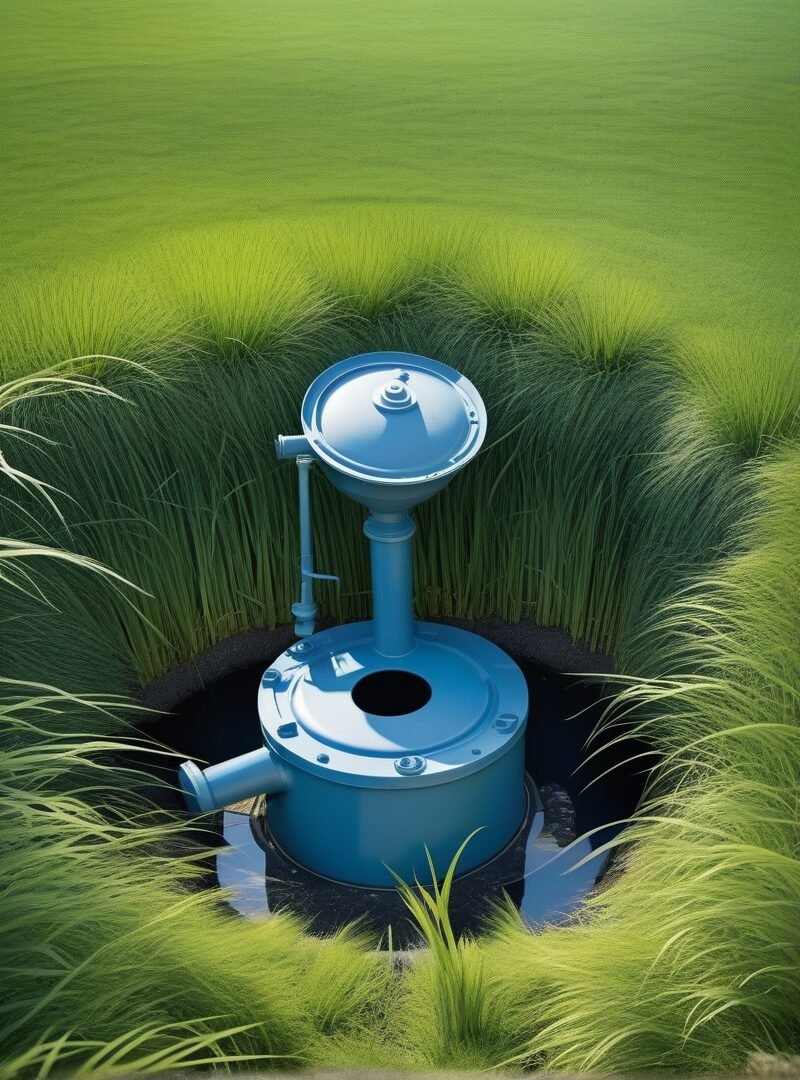Septic System Maintenance: Your Guide to Longevity
Ensure the health and efficiency of your septic system with our comprehensive maintenance guide. Discover essential tips and practices to keep your system running smoothly and avoid costly repairs.
Regular Inspections
Learn the importance of routine checks to identify potential issues early and maintain system efficiency.
Pumping Schedules
Understand the recommended intervals for pumping your septic tank to prevent overflow and system failure.

The Importance of Septic System Maintenance
Maintaining your septic system is crucial for preventing environmental contamination and ensuring the longevity of your system. Regular upkeep not only protects your property but also safeguards public health by preventing the release of untreated sewage into the environment. By adhering to recommended maintenance practices, you can avoid costly repairs and extend the life of your septic system.
Understanding Your System
A well-maintained septic system efficiently processes wastewater, separating solids, oils, and grease from the liquid effluent. This process prevents clogs and backups, ensuring that your system functions optimally. Regular inspections and timely pumping are key components of effective septic system maintenance.
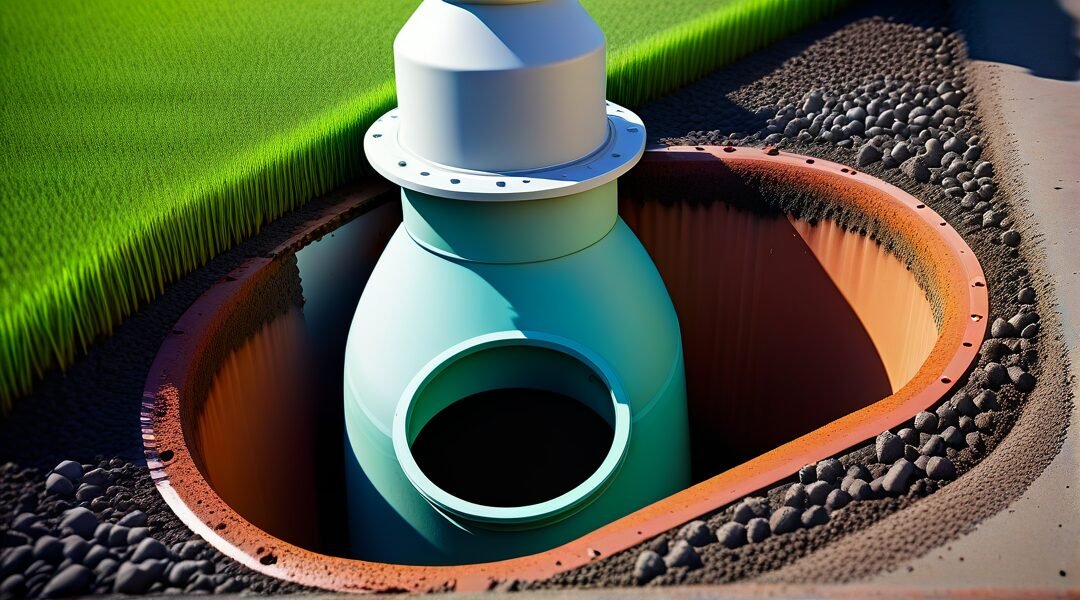
Septic System Maintenance FAQs
How often should I inspect my septic system?
It’s recommended to inspect your septic system annually to ensure all components are functioning properly and to catch any issues early.
What are signs of a failing septic system?
Common signs include slow drains, unpleasant odors, wet spots in the yard, and sewage backups. If you notice any of these, contact a professional immediately.
When should I pump my septic tank?
Typically, septic tanks should be pumped every 3 to 5 years, but this can vary based on usage and tank size. Regular inspections can help determine the optimal schedule.
Can household chemicals affect my septic system?
Yes, harsh chemicals can kill beneficial bacteria in your septic tank, disrupting the treatment process. Use septic-safe products whenever possible.
What maintenance can I do myself?
Homeowners can regularly check for leaks, monitor water usage, and ensure only appropriate materials are flushed or drained. Professional inspections are still necessary for thorough assessments.
Septic Tank Pumping Guidelines
Regular pumping is crucial for maintaining a healthy septic system. The frequency depends on household size, tank size, and water usage.
1
Assess Household Size
The number of people in your home directly affects how often your septic tank needs to be pumped. More occupants mean more frequent pumping.
2
Evaluate Water Usage
High water usage can fill your septic tank faster. Consider water-saving fixtures to extend the time between pumpings.
3
Determine Tank Size
The size of your septic tank will dictate the pumping schedule. Larger tanks can hold more waste, allowing for less frequent pumping.
4
Consult a Professional
For an accurate pumping schedule, consult with a septic system professional who can assess your specific needs.
Common Septic System Issues
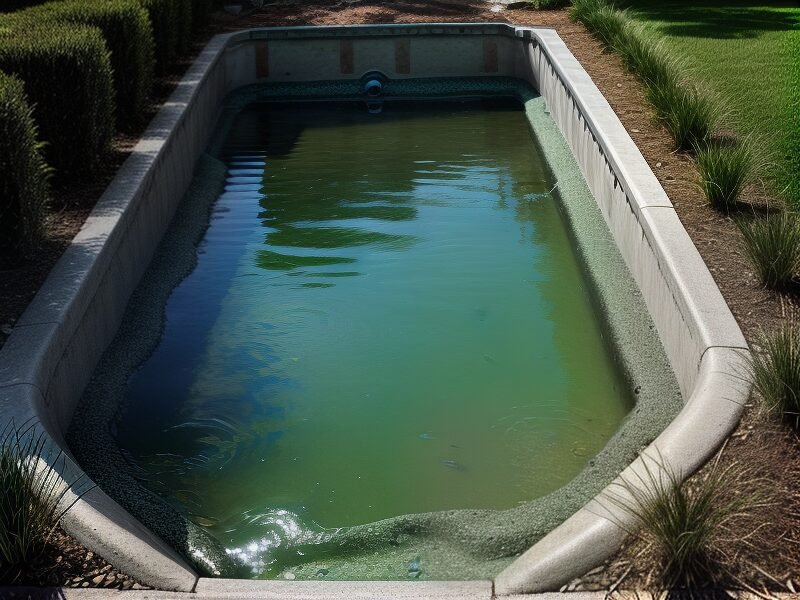
Clogged Pipes
Signs of Blockage
★★★★★
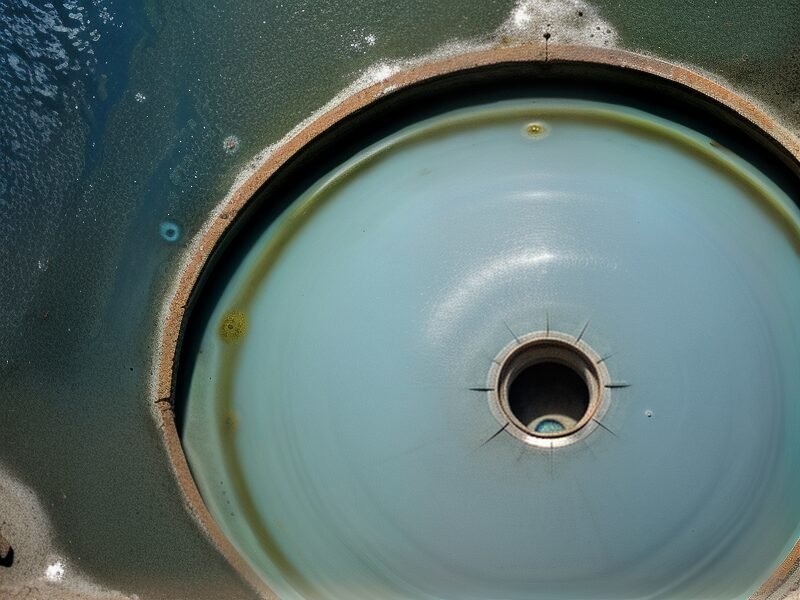
Drainfield Failure
Indicators of Saturation
★★★★★
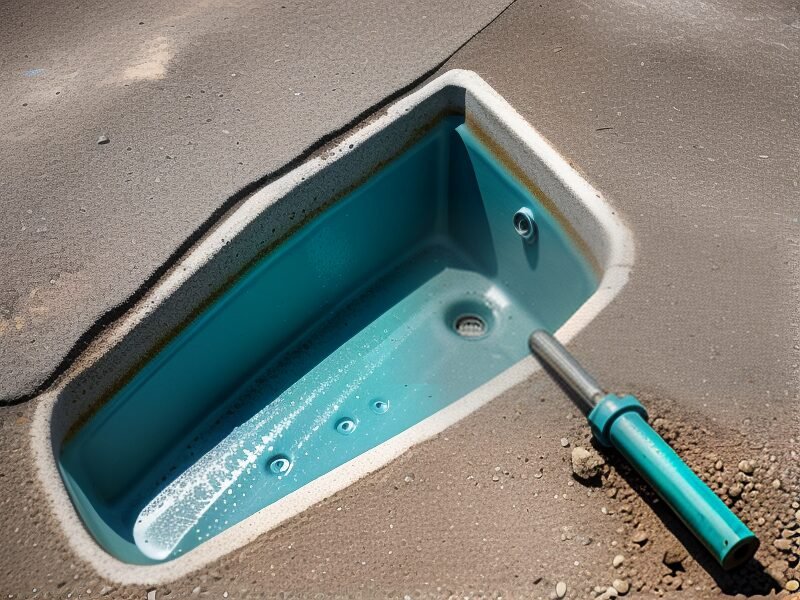
Tank Overflow
Warning Signs
★★★★★
Septic System Maintenance Tips
Basics of Septic Systems
You either have an on-site septic system for your residence or belong to a western-style town or city with a sewer system which has a centralized water treatment system. This situation arises regardless of the place where you are based at. If you fall into this second...
Here is a list of the septic sewer systems
Cluster/Community Variable Here is a list of the septic sewer systems, accompanied by the approximate expenses for each type: Anaerobic Septic System Average Cost: $3,000–8,000 Description: The simplest and one of the most popular types of septic systems is anaerobic...
Septic systems
Septic system identified. A septic system refers to an underground constructed tank also known as a septic tank that is used to treat sewage from the house and then some of the clean water is discharged. The effluent is further percolated into the surrounding soil....
How Septic Systems Work For Dummies
In this section, we'll take you through the inner workings of a fair-sized septic system. Septic tanks and drainfields (also known as soil absorption fields) are characteristics commonly found in a septic system. The first step in wastewater treatment is to locate a...
Types of Septic Systems
Types of Septic Systems Ways of installing a septic system There are many factors that can make septic system designs and sizes vary greatly, whether it is within your neighborhood or cross country. Such factors can be the size of the home, the kind of soil, the lot...
Areas that are not served by a central sewerage system
In areas that are not served by a central sewerage system, septic tanks remain one of the popular types of sub-surface sewage disposal tanks. For the septic systems to be able to survive a long period and serve their purpose properly, the people using the systems need...
Take Charge of Your Septic System's Health
Ensure the longevity and efficiency of your septic system by taking proactive measures today. Regular maintenance, including inspections and timely pumping, can prevent costly repairs and environmental hazards. Visit our resources for expert guidance and support to keep your system running smoothly.
